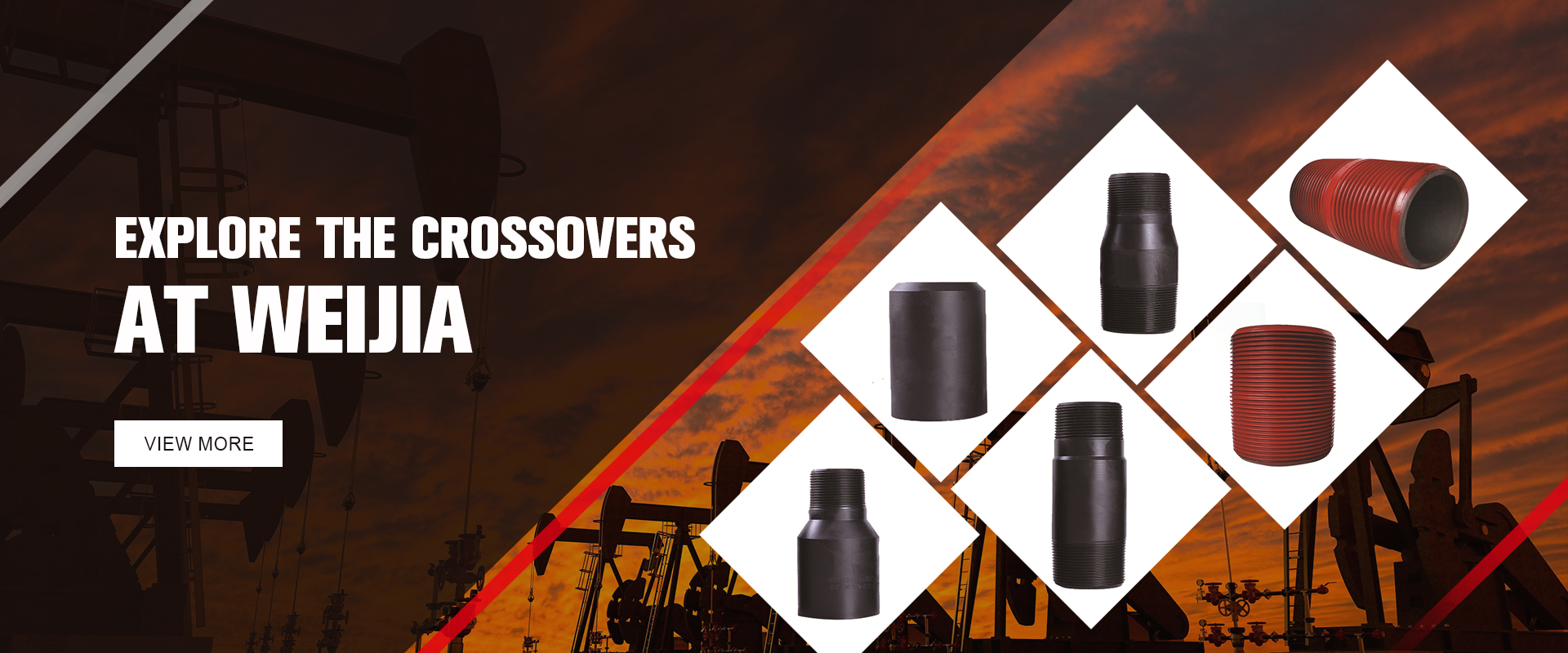- Afrikaans
- Albanian
- Amharic
- Arabic
- Armenian
- Azerbaijani
- Basque
- Belarusian
- Bengali
- Bosnian
- Bulgarian
- Catalan
- Cebuano
- Corsican
- Croatian
- Czech
- Danish
- Dutch
- English
- Esperanto
- Estonian
- Finnish
- French
- Frisian
- Galician
- Georgian
- German
- Greek
- Gujarati
- Haitian Creole
- hausa
- hawaiian
- Hebrew
- Hindi
- Miao
- Hungarian
- Icelandic
- igbo
- Indonesian
- irish
- Italian
- Japanese
- Javanese
- Kannada
- kazakh
- Khmer
- Rwandese
- Korean
- Kurdish
- Kyrgyz
- Lao
- Latin
- Latvian
- Lithuanian
- Luxembourgish
- Macedonian
- Malgashi
- Malay
- Malayalam
- Maltese
- Maori
- Marathi
- Mongolian
- Myanmar
- Nepali
- Norwegian
- Norwegian
- Occitan
- Pashto
- Persian
- Polish
- Portuguese
- Punjabi
- Romanian
- Russian
- Samoan
- Scottish Gaelic
- Serbian
- Sesotho
- Shona
- Sindhi
- Sinhala
- Slovak
- Slovenian
- Somali
- Spanish
- Sundanese
- Swahili
- Swedish
- Tagalog
- Tajik
- Tamil
- Tatar
- Telugu
- Thai
- Turkish
- Turkmen
- Ukrainian
- Urdu
- Uighur
- Uzbek
- Vietnamese
- Welsh
- Bantu
- Yiddish
- Yoruba
- Zulu
well casing coupling
Understanding Well Casing Coupling An Essential Component in Oil and Gas Drilling
In the intricate world of oil and gas drilling, every component plays a vital role in ensuring successful operations. One such component is the well casing coupling, a crucial element in the overall structure and function of drilling systems. Understanding the significance and operation of well casing couplings is essential for anyone involved in the drilling industry.
What is Well Casing Coupling?
Well casing coupling is a specialized connector used to join lengths of steel casing pipe in oil and gas wells. The casing is a critical component of a well, serving to stabilize the wellbore, prevent the collapse of the surrounding geological formations, and protect groundwater from contamination. Casing couplings are designed to provide a secure and leak-proof connection between sections of casing, ensuring the structural integrity of the well throughout its lifecycle.
Types of Well Casing Couplings
There are several types of casing couplings, each designed for specific applications and conditions
. The most commonly used types include1. API Couplings These are standardized couplings defined by the American Petroleum Institute (API). They come in various designs, including buttress, round thread, and API long thread. API couplings are universally accepted in the industry and ensure compatibility across different brands.
2. Premium Couplings These are high-performance couplings designed to withstand more severe conditions than standard API couplings. Premium couplings often feature enhanced sealing capabilities and greater resistance to wear, making them suitable for challenging environments such as deepwater drilling or high-pressure wells.
3. Threaded Couplings These couplings utilize threaded connections to join casing sections. They can provide flexibility and ease of installation; however, they may not offer the same level of sealing as other types.
4. Welded Couplings In some applications, casing sections may be welded together to create a permanent connection. While this approach can provide excellent strength and no possibility of leakage, it lacks the flexibility of threaded or screw-type couplings, making it less common.
well casing coupling

Functions and Importance
Well casing couplings serve several vital functions in drilling operations
1. Structural Support By connecting sections of casing pipe, couplings ensure the stability of the wellbore. This structural support is essential for preventing collapse during drilling and maintaining access to the target reservoir.
2. Pressure Resistance Couplings must be designed to withstand the immense pressures encountered during drilling and production. A failure in a coupling could lead to catastrophic blowouts or leaks, endangering both personnel and the environment.
3. Well Integrity Maintaining well integrity is paramount in drilling operations. Casing couplings must provide secure seals to prevent the migration of fluids between different geological formations, which can pose serious environmental threats.
4. Ease of Installation and Maintenance Couplings facilitate the installation of casing strings, allowing for efficient assembly on-site. Their design also allows for easy inspection and replacement, which is critical for maintaining optimal well performance over time.
Challenges and Considerations
While well casing couplings are essential, their selection and application do involve challenges. Factors such as well depth, pressure, temperature, and the geological conditions of the surrounding formations all influence the choice of coupling. Additionally, the proper handling and installation of couplings are crucial to avoiding failures later in the well's life.
Conclusion
In summary, well casing couplings are a fundamental element of oil and gas drilling operations. Their ability to provide secure, leak-proof connections between casing sections is vital for the overall safety, efficiency, and integrity of wells. With advancements in material science and engineering, the evolution of casing coupling technology continues to enhance the reliability and performance of drilling operations worldwide. Understanding their function and importance will enable industry professionals to make informed decisions that contribute to the successful and sustainable extraction of oil and gas resources.
-
Tubing Pup Joints: Essential Components for Oil and Gas OperationsNewsJul.10,2025
-
Pup Joints: Essential Components for Reliable Drilling OperationsNewsJul.10,2025
-
Pipe Couplings: Connecting Your World EfficientlyNewsJul.10,2025
-
Mastering Oilfield Operations with Quality Tubing and CasingNewsJul.10,2025
-
High-Quality Casing Couplings for Every NeedNewsJul.10,2025
-
Boost Your Drilling Efficiency with Premium Crossover Tools & Seating NipplesNewsJul.10,2025







